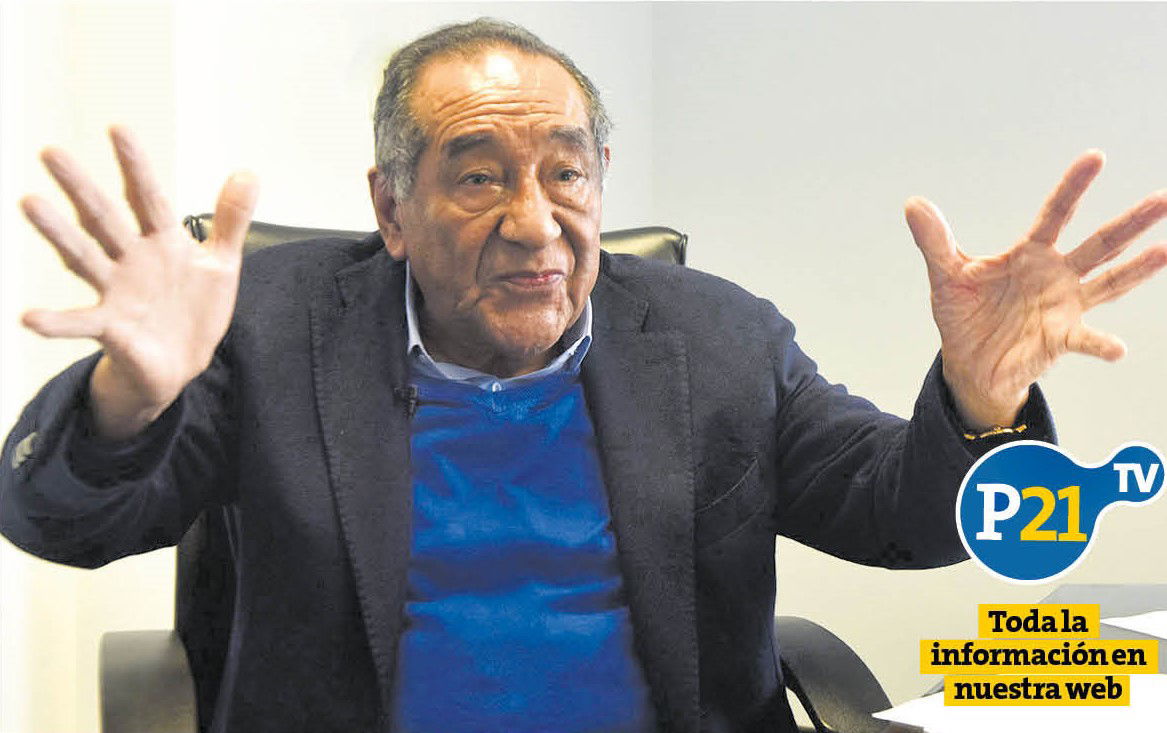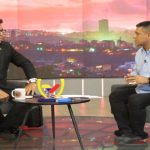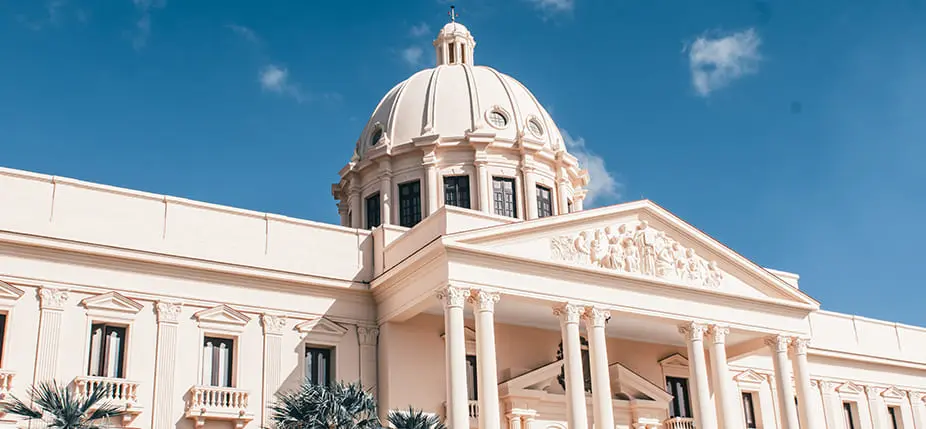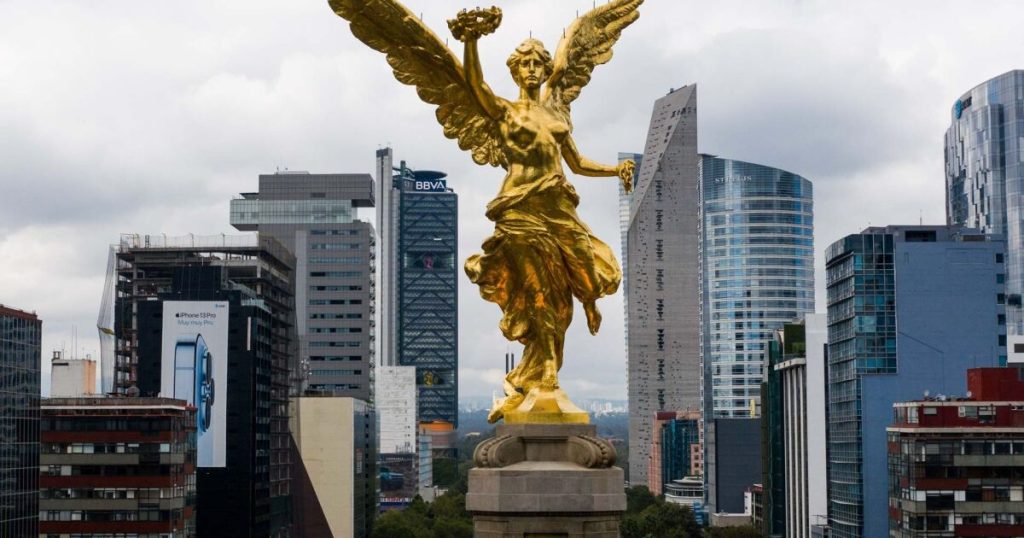What do you think of the details of the Constitutional Court’s ruling?
The details of the TC ruling seem extremely important to me. Apart from the fact that it favours me, because it recognises my right, I think that the general principles it defends are more important. The protection of professional secrecy and the protection of objectivity, which is a manifestation of the impartiality that must be maintained. The ruling declares rights that have already been exceeded by arbitrary investigations. It is in the interest and convenience of all citizens. I think that it is a very fair ruling, but it is exhortative, so that the State institutions protect, which does not mean that lawyers, journalists or doctors have immunity. Any of these professionals who exceed the limits of their role can be investigated and sanctioned; they can also be raided. But they must be carried out within the margins of the law, of reason and of proportionality. Sometimes raids are carried out after five years. If we were to review the most famous raids that have been carried out, nothing has been obtained. And how much does that cost the country? The levels of rationality that processes must have must be, at the same time, protective of fundamental rights but also protective of the interest that we citizens have in living in peace and social tranquility. That is what has really collapsed.
It seems clear that there was a conflict in the fact that the prosecutor was investigating and was part of the issue.
It is natural. This has not been explained well. The respected judge, Dr. Monteagudo, who has a dissenting vote, says ‘it is not true that a prosecutor who, in the investigation he is carrying out, is aware of another possibility of the crime cannot investigate’. Of course he can do so. If there is a prosecutor who is investigating a crime and in his investigation the possibility of another crime appears, naturally he can investigate it. But this case is different. They say that witnesses have gone to his office, in front of him, to lie because of coercion by the lawyer. Parenthesis: none of the witnesses have known me and have declared so. It is impossible that I have coerced witnesses that I do not know. But, apart from that, when the prosecutor or the judge is the material subject of the action he wants to investigate, it cannot be that the investigator is at the same time the person before whom the supposedly criminal activity has been carried out. So, naturally there is a conflict of objectivity. They raided me on November 20, 2018. On December 11, they charged me without any investigation, even though they had reviewed my study and my accounting for 20 hours, finding absolutely nothing. Therefore, I opportunely observed the conflict of objectivity, I turned to the senior prosecutor, Dr. Rafael Vela, and in accordance with Article 62 of the Criminal Procedure Code, I told him that the prosecutor… I did not say that he could not investigate me, but that he should be an objective prosecutor. Prosecutor Rafael Vela said that that was not an argument, that I had not proven the arbitrary acts. How am I going to prove the arbitrary acts if we are at the origin of the investigation? Afterwards, the arbitrary acts have occurred N times. So the prosecutor did not have the authority to investigate.
And then, for the same reason, the same right.
Naturally. That is why the collegiate court has excluded from the trial not only me, but all the people that the prosecutor included as having committed obstruction of justice. In recent decades, the criminal process in Peru is being handled as a tool of confrontation between sectors of political, economic and social power. The process has overflowed from what should be the search for the truth. Now it is an instrument of confrontation of interests that try to dominate institutions and the media. We have denatured the work of the Public Prosecutor’s OfficeI know this because I was there the day the Public Prosecutor’s Office began to operate, after the Constitution of 1979. On May 12, 1981, the Public Prosecutor’s Office was inaugurated. And the first prosecutor was Dr. Gonzalo Ortiz de Zevallos, who did me the honor of putting me in charge of the most important investigation, which would now be emblematic, even though he was a substitute prosecutor. It was an investigation into the sale of the Sanitas Institute. And a penitentiary center built in Puno where a former minister of the military government was involved. And then I had the honor of being his external criminal advisor. I was his provincial prosecutor. He never pressured his prosecutors. He never told me ‘resolve in this way’. These things would not have happened in the time of Dr. Ortiz de Zevallos. It has been deteriorating over time.
Look: Cocktails Case: Keiko Fujimori excluded from oral trial for obstruction of justice
What will happen to the Cocktails case?
On January 23 of this year, I submitted a document arguing that this trial is unviable because it lacks fundamental elements, and I listed them. The collegiate body did not want to review it under one argument: if this has been reviewed and resolved by the control judge, we do not have the power to review, which seems respectfully illogical to me. If you are going to build a building and they give you the plans, but it is unviable because there is no soil study and there are structural flaws, then it cannot be built. If the crimes of obstruction of justice are excluded, then the sentence and the evidence must be varied. There must be other elements of conviction. How are we going to continue building if we are saying that it is no longer 20 floors, but 18? When a process falls through, it is not free. It costs the State a lot of money. In 2017, Dr. José Luis Lecaros, president of the Supreme Court, made a report on how much the hearings cost the country. It was S/704 per hour. If the process lasted 10 years as stated, we would spend S/2’931,708. And that is not the total cost, because it does not include the procedural subjects.
The crime of money laundering remains, which is difficult to prove.
Distinguished colleagues have said that the illegal origin of the money has not been proven. Money laundering consists of me laundering the money and returning it. But if it is a campaign contribution, until August 2019 it was not a crime. It would be organized crime, which now has higher standards. And the crime of generic forgery, which could be prescribed. Judges must decide without thinking about what the media or internal control will say. A judge must be brave even if the world falls apart.
Does the obstruction of justice case affect the organized crime case?
It has an impact. The facts would have to be reformulated, the sentence reduced, the evidence individualized. Yes, it has an impact. As a former defendant, I would tell them to consider carefully whether it is worth continuing with the Cocteles case. Well-understood politics should be for building.
Because Jose Domingo Perez did he mention Alberto Fujimori?
It shouldn’t. In the process, what is pertinent and conducive is tested and acted upon. What has no direct relation to the process is meaningless. Perhaps he wanted to gain forcefulness.
“The process has been disfigured”
On a personal level, how do you see your former client? Keiko Fujimori already his former student Giuliana Loza?
I have great respect and appreciation for them. Keiko is extremely brave after three abusive and arbitrary imprisonments that the Constitutional Court said were not in accordance with the law. I am not a Fujimorist.
How to depoliticize prosecutors?
A very simple word: comply with the law. The law on judicial careers is demanding when it establishes the profile of a judge, a prosecutor and a lawyer. The control bodies also fail. Proportionality must be reestablished. There is an overvaluation of merits. And there is also a lot of denigration. The title of teacher is devalued. “Teacher’s word”… We are not enemies, but procedural adversaries. Absurd legal fictions have been created in criminal law. For example, when a judge says “appearance with restrictions, he will not be able to speak with other defendants”. He is deprived of the right to communication. The process has been disfigured.
How has the role of the prosecutor been denatured?
The peremptory deadlines have been lost. It is false that the prosecutor does not have to be objective and can ask for whatever he wants. The prosecutor is an instrumental party, not a material one. Furthermore, in matters of evidence we cannot go ‘fishing’. And the accusation can only be returned once, for formal data. The control judge gave Perez 22 opportunities to correct the case. It is illegal.
“The ban on Alan leaving and the search were illegal”
Have you found any recent raids to be abusive?
One of the most painful cases. Alan was searched when the indictment contained no elements of the crime he was being investigated for. Because, in the end, what was he accused of? That he had given a lecture in Brazil and received a fee on which he paid a tax and, consequently, he would not have known the supposedly illicit origin of those funds. Secondly, he did not miss any summons from the Prosecutor’s Office, the Judiciary and Congress. In other words, why do they say that there is a procedural risk that he will escape when he has attended all the proceedings? When they summoned him, he was in Spain and said ‘I’m going’, even though his lawyers told him not to. They prepared him there. They asked for an exit ban for a person who had never stopped returning to the country. And, consequently, he was placed in preliminary prison. But it was an incipient investigation. Objectively, that exit ban, that preliminary prison and that search, technically, were illegal. It was irregular. There were also recordings, a van. Those who were pursuing him knew that he was going to defend his dignity. It was his respectable decision, not to lose his dignity by leaving in handcuffs. Did the intelligence service and those who were pursuing him know or not that he was going to commit suicide? I think they knew. I am not an APRA supporter, but how much we miss Alan… So brilliant. How different he is from some of the rulers we have had.
Why do you think José Domingo Pérez has summoned Martín Vizcarra?
Witnesses should contribute facts. I don’t know what Mr. Martín Vizcarra has to do with it as a witness. He is used to undermine the procedural adversaries. The evidence has not been individualized nor has its relevance been proven. Aldo Mariátegui says that he has been called as a ‘wedding witness’. The process has been denatured.


















